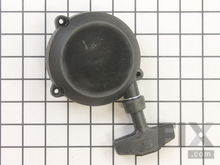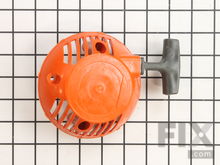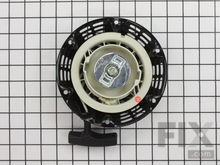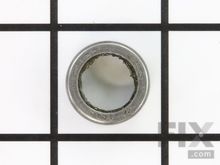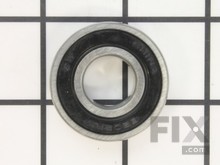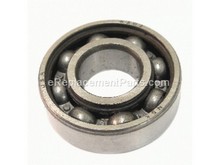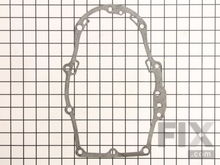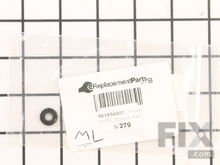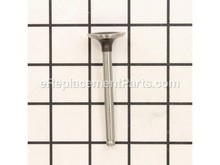How To Repair A Detahtcher With A Noisy Engine
- Rated as REALLY EASY
- 3 step by step videos
Starter Assembly
If your engine is making more noise than usual while running, the starter assembly may be loose or vibrating, causing excessive noise. When the engine runs, the vibrations created can sometimes loosen certain components. If the excessive noise seems to be coming from the top of the engine where the starter assembly is located, stop the engine and inspect the assembly. Try tightening all screws and connections with a screwdriver to ensure that all components are tightly secured and will not create excessive noise by vibrating.
Crankshaft Bearing
If you hear excessive noise coming from the dethatcher engine, it may indicate an issue with the crankshaft. The crankshaft bearing spins along with the crankshaft, but can sometimes create excessive noise due to lack of lubrication or wear to the bearing itself. The crankshaft itself can sometimes become bent or warped causing excessive noise from the engine; even a slight change in its calibration will result in engine noise. To inspect the crankshaft, the engine will have to be partially disassembled. If the crankshaft is found to be warped or bent at all, it should be replaced before the engine is run again.
Engine
The most likely cause of a noisy engine is lack of lubrication. The crankcase should be topped up with oil on a regular basis, and its oil level monitored if the machine is being used for a long period of time. The various moving components within the crankcase require oil to be continuously supplied to them in order to reduce friction and wear. If sufficient lubrication is not present, these parts will grind together, causing friction and creating noise. It is recommended to always keep your engine topped up with oil in order to maintain the health and good working order of all internal components. If the engine timing is off resulting in excessive noise, the valves that intake air and release exhaust will open for a moment during the compression and combustion strokes, causing the engine to run poorly, backfire or lose power. Engine timing can be thrown out of calibration from regular use and wear on these tight-fitting mechanical components. Some engines also have timing belts that can slip or break. A major incident involving the crankshaft can also throw off the engines timing. Issues with engine timing will likely need to be addressed by a professional.
More Repair Parts
Still not sure which part is broken? We can offer you custom troubleshooting help if you search with your model number.





